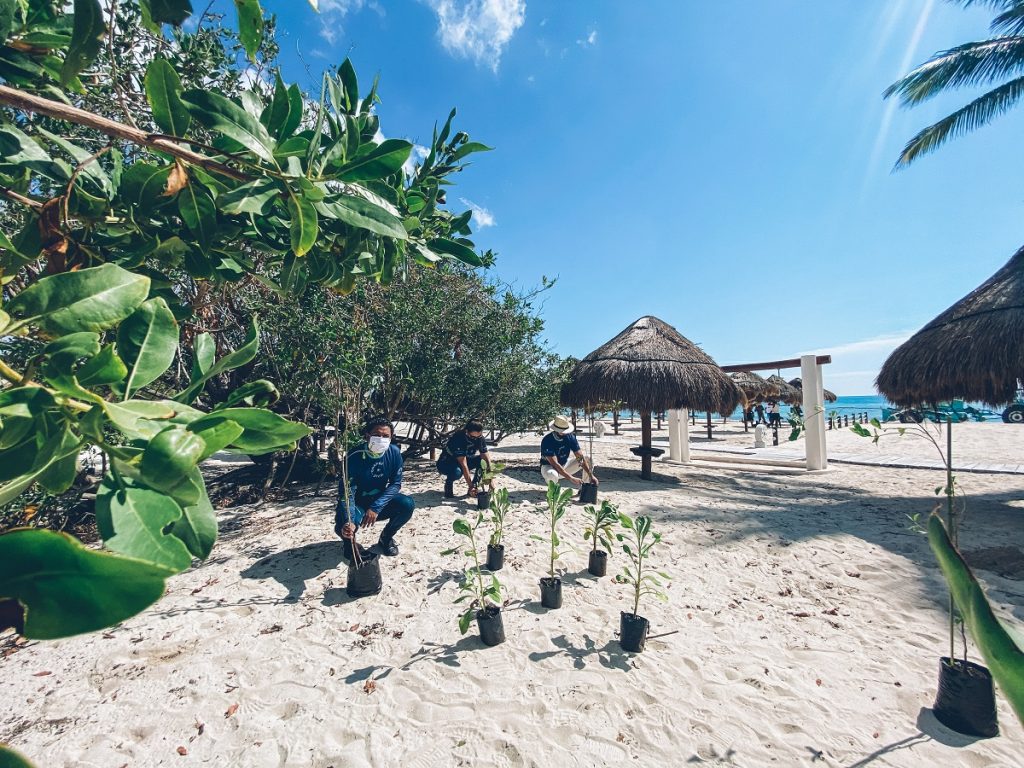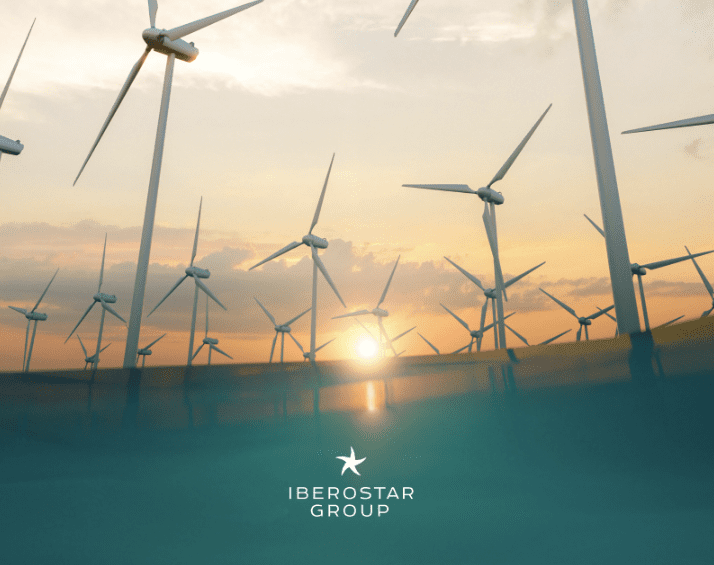At Iberostar we strongly believe in developing a clear, transparent strategy for our business and the sector to reach carbon neutrality in the face of expected impacts of climate change. Currently, greenhouse gas emissions and carbon dioxide concentrations from man-made sources are increasing at a rapid pace. In our own business, we are witnessing the impacts of global warming and rising ocean temperatures, as well as extreme weather events that cause flooding and coastal erosion. This situation poses numerous challenges for natural systems, communities and businesses.
At a global level, the scientific community has identified that avoiding these negative impacts is only possible with global efforts to drastically reduce GHG emissions by 2030 and remove large reserves of CO2 from the atmosphere by 2050. Over time, total greenhouse gas emissions to the atmosphere will determine the severity of impacts on natural and human systems. As such, it is time for organizations and the private sector in general to act and take responsibility for decarbonizing their industries.
We are very happy to announce our strategy for how we plan to offset our carbon footprint (as one component of our strategy to achieve carbon neutrality by 2030) by protecting nature, and in particular coastal ecosystems, in our touristic destinations.
Coastal ecosystems, like mangrove forests, are one of the most powerful resources we have to offset carbon dioxide emissions. They can capture and store significant amounts of carbon, up to 10 times more than terrestrial forests. Each square kilometer of mangrove forest has the capacity to absorb the equivalent of the carbon emissions generated by 66,500 passenger cars driven during one year, equivalent to 7,131 barrels of oil or 346,574 gallons of gasoline consumed.

For this reason, the protection and restoration of mangroves has been identified as a key nature-based solution to face climate change. That’s why we will be conserving and restoring mangroves in some of the locations we operate in like Mexico and the Dominican Republic in order to offset our carbon footprint.
Through the protection of these coastal ecosystems, we will be offsetting 75% of our carbon emissions by 2030. Additionally, mangroves will help us to:
- Use blue carbon (carbon stored in marine and coastal ecosystems) as an additional source to process excess nutrients after treatment, namely in the properties which Iberostar has its own facilities for wastewater treatment.
- Curate destinations by adding at least 25% more green space (vegetation) in areas close to selected Iberostar hotels with the intention of protecting natural spaces in operating destinations.
- Generate outreach activity so clients, employees and allies of Iberostar experience our commitment to coastal health through Wave of Change.
Stay tuned for updates on our progress in achieving this goal! View the full strategy here: waveofchange.rwdesarrollos.es/naturebasedbluecarbon.






